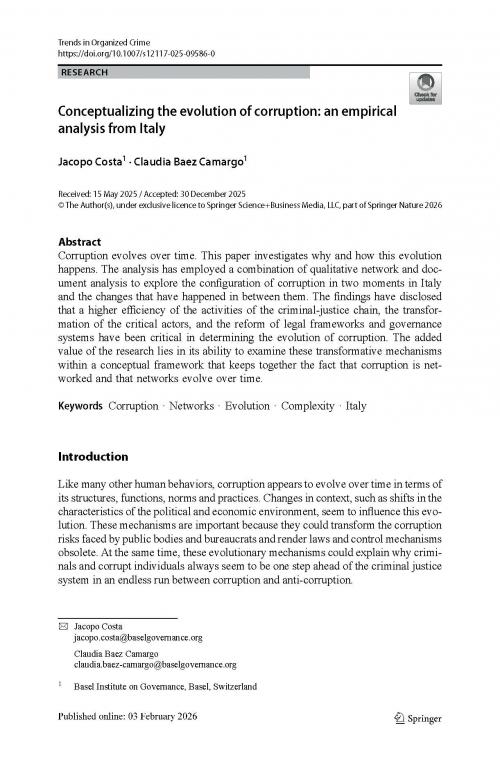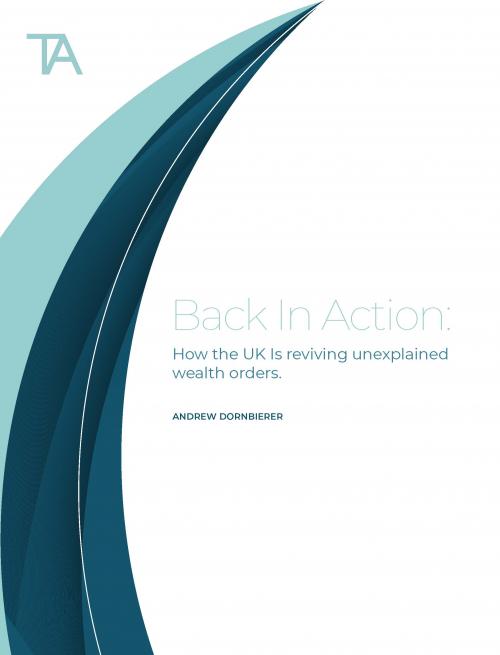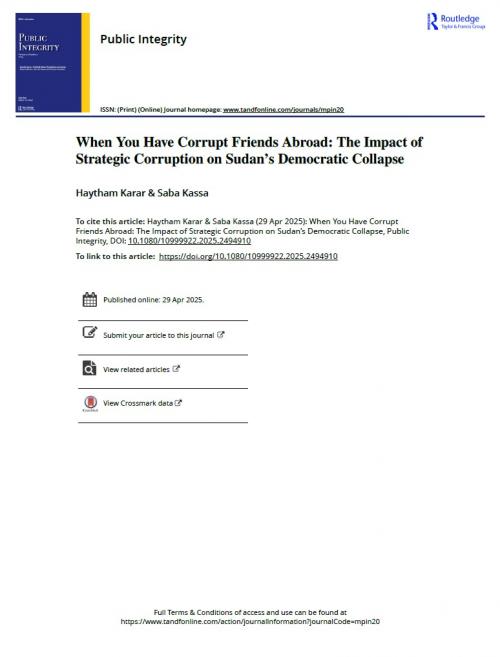Controlling Corruption Through Collective Action
Control of corruption in a society is an equilibrium between resources and costs which either empowers or constraints elites predatory behavior. While most research and practice focuses on legal constraints, this paper investigates normative constraints, deemed to be more important, especially civil society and the press. Fresh evidence—both historical and statistical—is found to support Tocqueville’s assertions regarding the importance of collective action and the joint action of media and associations in not only creating a democratic society, but controlling corruption as well. However, little is known on how to build normative constraints.
Links and other languages
Date published
Publisher
Journal of Democracy
Author(s)



